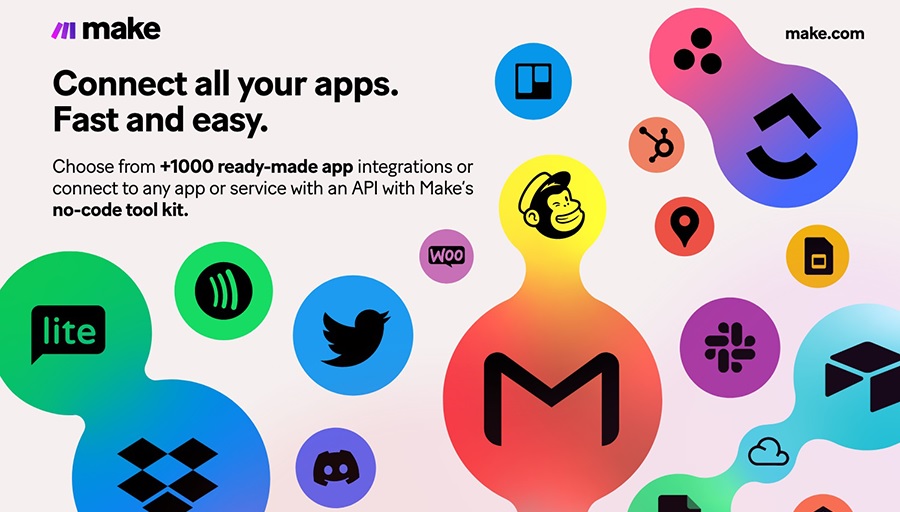
When people think of AI agents, chatbots are often the first thing that comes to mind. While customer-facing bots have revolutionized service by providing instant support, AI agents are doing far more than answering questions. Behind the scenes, they are quietly transforming the way businesses are managed. From financial operations to strategic planning, AI agents are stepping into roles that help entrepreneurs lead smarter, scale faster, and manage with greater precision. The future of business management is not just about bots – it’s about intelligent agents working across every corner of the organization.
Contents
Moving Beyond Customer Conversations
Chatbots are valuable, but limiting the concept of AI agents to customer conversations misses the bigger picture. These systems can analyze data, coordinate tasks, and even make decisions. Unlike traditional automation tools that follow static rules, AI agents adapt to changing contexts and learn from experience. This makes them uniquely suited to support entrepreneurs in managing complex, evolving businesses.
Creative Roles AI Agents Play in Business Management
Here are some of the most impactful and innovative ways AI agents are being used in business management today:
1. Strategic Decision Support
AI agents analyze massive amounts of data to identify trends, forecast outcomes, and provide recommendations. Entrepreneurs can use this information to make smarter decisions about pricing, product launches, or market expansion.
2. Financial Oversight
Instead of simply tracking expenses, AI agents monitor cash flow, flag unusual activity, and provide predictive insights. They help entrepreneurs avoid financial pitfalls and make better long-term plans.
3. Project Coordination
AI agents assign tasks, monitor progress, and adjust timelines based on real-time performance. This keeps projects on track without the need for constant manual oversight.
4. Marketing Campaign Optimization
Beyond basic automation, AI agents run experiments, test messaging, and reallocate budgets based on performance data. They ensure marketing investments are delivering the highest possible return.
5. Human Resource Support
AI agents assist with onboarding, performance tracking, and employee engagement surveys. They flag potential retention risks and suggest personalized growth opportunities for team members.
6. Supply Chain Management
By forecasting demand and monitoring supplier performance, AI agents ensure businesses maintain reliable inventory levels while minimizing waste.
7. IT and Security Monitoring
AI systems detect unusual system activity, enforce compliance, and automate responses to minor technical issues. This reduces downtime and protects sensitive data without needing a full IT team.
Why AI Agents Are Game-Changers for Entrepreneurs
The value of AI agents goes beyond efficiency. They empower entrepreneurs to manage businesses with sophistication once reserved for large corporations. Benefits include:
- Proactive Problem-Solving: AI agents identify issues before they escalate, helping entrepreneurs stay ahead of challenges.
- Data-Driven Insights: Real-time analysis provides clarity in decision-making, reducing guesswork and risk.
- Time Savings: By offloading routine management tasks, entrepreneurs gain more time to focus on growth and innovation.
- Consistency: AI agents ensure processes are executed accurately and on schedule, reducing human error.
- Scalability: Businesses can grow faster by extending their management capacity without hiring additional staff.
Overcoming Common Misconceptions
Some entrepreneurs hesitate to embrace AI agents in business management due to misconceptions. Here are a few clarified:
“AI agents are only for large companies.”
In reality, many platforms are designed with small businesses in mind, offering affordable pricing and user-friendly features.
“They’ll replace managers.”
AI agents complement managers by providing information and handling routine oversight, but strategic leadership still requires human vision and judgment.
“They’re too technical to use.”
Modern AI systems are built to be intuitive, often using drag-and-drop workflows, integrations, and guided setups that don’t require coding.
Steps to Introduce AI Agents into Business Management
For entrepreneurs interested in moving beyond bots, here’s a roadmap:
1. Identify Management Pain Points
Look for areas where oversight consumes too much time or errors are frequent, such as finance, HR, or project tracking.
2. Choose a Starting Role
Begin with one application, like financial monitoring or marketing optimization. This provides quick wins and builds confidence.
3. Select the Right Tools
Pick platforms that align with your business needs and integrate easily with your current systems.
4. Train Your Team
Ensure staff understand how AI agents support them. Involve them in setup to increase buy-in and reduce resistance.
5. Measure and Scale
Track the impact on time savings, cost reductions, and decision-making accuracy. Expand AI into new roles as results prove positive.
Real-World Examples
Entrepreneurs across industries are already using AI agents in creative ways:
- A boutique marketing firm relies on AI to optimize campaigns in real time, boosting ROI without adding staff.
- A local retailer uses AI for inventory forecasting, reducing waste and avoiding stockouts during peak seasons.
- A consultancy firm employs AI agents to monitor project progress, cutting delays by 40%.
The Future of Business Management
Business management is evolving, and AI agents are at the heart of that change. They’re no longer confined to chatbots – they’re becoming strategic partners that help entrepreneurs manage smarter, scale faster, and compete more effectively. By embracing AI agents beyond bots, entrepreneurs can unlock new levels of efficiency, accuracy, and growth potential. For small businesses, the future of management isn’t just digital – it’s intelligent.

